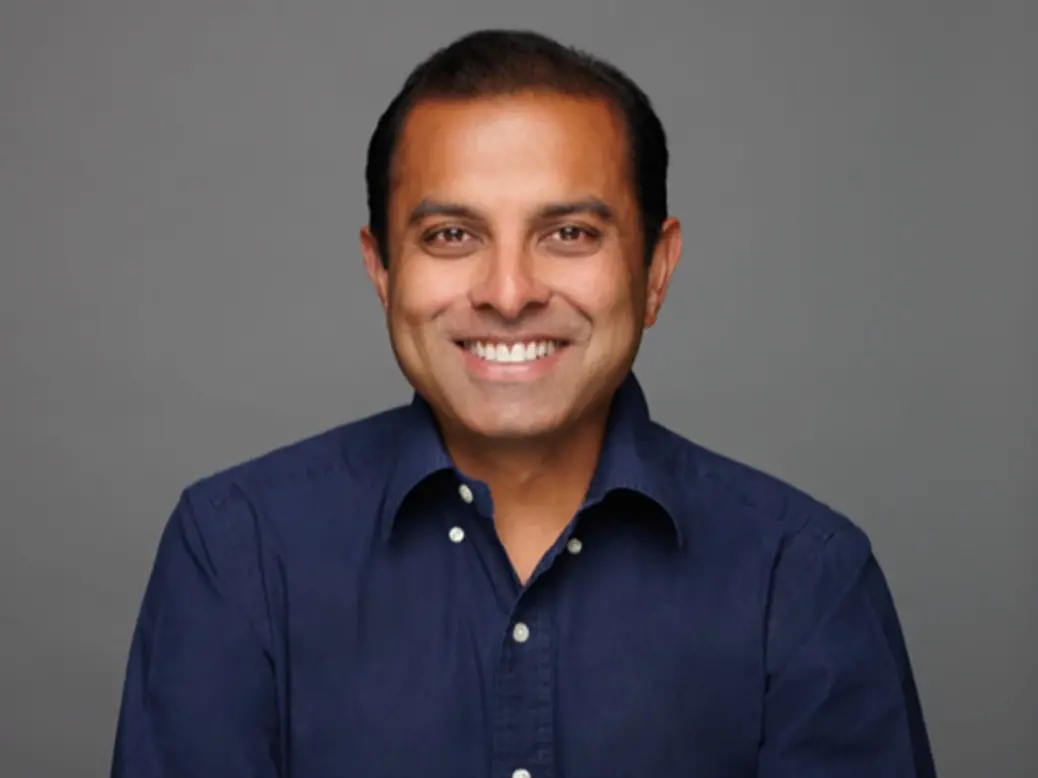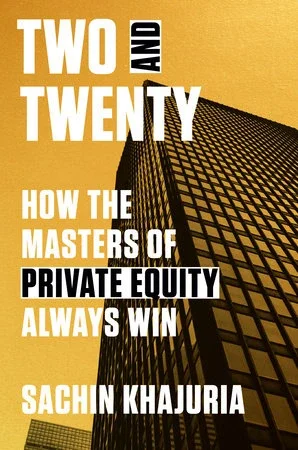
Sachin Khajuria is the New York-based bestselling author and former partner of alternative asset management giant Apollo Global Management. Here, he tells Spear’s how private markets have changed over his 25 years in the industry, what drove him to write an insider’s view on private equity, and how to be successful in the field.
How have private markets changed?
The private markets have grown enormously even during my career. I don’t like this word ‘alternatives’; what we’re really talking about is mainstream active asset management – anything that’s not liquid stocks or bonds. And today that’s worth $12 trillion; I think it could grow to be $20 trillion in the next decade. On top of that you have to consider investments in businesses, and even in credit, are usually levered. So the purchasing power is already in the tens of trillions.
Educating the masses
As more people devote assets to it, will the education about private markets be good enough to catch up with the demands? Are those people who are gonna start allocating cheques to it fully educated? That’s one of the reasons I decided to write my book, Two and Twenty: How the Masters of Private Equity Always Win. I wanted to teach people what this business is like, because a lot more money is going to come from the retail market. It’s really important they understand what they’re going into and they know that their money is locked up.

[See also: US natural gas trader Bill Perkins on moving to London]
Sachin Khajuria and Apollo Global Management
I worked in investment banking – in mergers and acquisitions – for five years. This was in the late Nineties and early 2000s. It was a very busy time in M&A and capital markets, so a really good learning ground. But as I went on I realised I was more comfortable trying to learn to be a principal as opposed to an adviser. And I wanted to go into the investing side. I was fortunate to make partner at Apollo before the firm’s IPO.
With carry and liquidity from the IPO I could open a family office and not have to work for someone else. Now I’m investing in lots of other areas: tech, data centres, pharma. And I have a mix of public, private, LP [limited partner], GP [general partner], direct investing, fund investing, highly active as well as passive. It’s a really enriching mix.
What does it take to succeed in the industry?
To be successful in private equity you have to be curious. You have to want to know about how things work, to take things apart and put them back together in an engineering sense. That’s number one. Number two is that you need to like people. This is a people business; there’s nothing automated about it. You have to want to meet people, be a bit gregarious, go and ask about the other person and shake their hand, be genuine and authentic about it. Present yourself as you are, not necessarily the prettiest version.
It’s also important to live with your decisions, to take responsibility for them and to remember that it’s other people’s money you’re investing. This balance is really rare to find in investment professionals. That’s why private equity is not really a scalable business. I mean, there’s a limited number of people you want taking $500 million decisions.
Illiquid gold
I can understand where critics of private equity are coming from, absolutely. If there’s a firm that’s charging ‘two and twenty’ or something close to it and not outperforming the public markets (after fees), then it has no reason to exist. As a private markets firm, you should be outperforming a liquid benchmark like the S&P, because you’re illiquid.
But some firms can consistently beat the public markets. You need a team of people who can spot business opportunities out of chaos, or just in general; who can create great management teams; who can operate the businesses in conjunction with the management teams, helping with advice and input along the way; who can manage investments well by buying them at a good price to create a smart bargain; and who can exit smartly at the right time.
The really successful private equity groups and teams are the ones that are able to do that, and repeat it several times.






